
Our vision: A safe and healthy Kitsap County for all.
Solid & Hazardous Waste


The Pollution Prevention Partnership is comprised of representatives from cities, counties, and health districts. Funding assistance is provided by the Department of Ecology and allows the program to provide free hands-on-assistance to Small Quantity Generators* (typically small businesses and organizations) who wish to improve their practices by reducing impacts to human health and the environment.
This is accomplished through technical assistance visits that are designed to reduce or eliminate hazardous waste and pollutants at the source. A local pollution prevention specialist will meet with your organization to evaluate current activities and practices. They will discuss concerns, observations, solutions, and work directly to help solve common challenges around dangerous wastes, stormwater, solid waste, and spill prevention. This collaborative process limits liability, reduces risk, and improves work environments.
If you would like to learn more about this program, contact your local specialist at 360-728-2235.
Our Pollution Prevention Specialists Can...





Review your spill prevention plans.
Help you locate recycling or disposal resources for hazardous waste.
Help you implement best management practices for dangerous waste storage and disposal.
Provide no charge equipment such as secondary containment pallets, spill kits and drum covers.
Explain hazardous waste regulations that apply to your business.
What Can We Help You with Today?

Schedule a FREE pollution prevention visit by calling 360-728-2235
What's a Small Quantity Generator?
Most businesses in Washington generate some amount of hazardous waste. If your business is a Small Quantity Generator, there are special rules you need to follow.
By Taking Steps to Prevent Pollution, You Can...





Avoid contamination of local streams and Puget Sound
Comply with regulations and avoid fines.
Increase efficiency and reduce cost.
Protect the health and safety of employees.
Reduce liablities.
Get recognized for your efforts.

Garbage & Hazardous Substances
We humans generate a lot of waste, from everyday garbage, unwanted furniture, construction debris or appliances beyond repair. Some items—old paint, solvents and cleaning products, for example—are also considered hazardous waste.
All garbage and chemicals—including hazardous and solid waste—can impact your health and safety. We work to protect your health and your family—and the environment—by ensuring that such waste is collected, stored, processed, and disposed of properly, according to local and state regulations.
What About Businesses?
Businesses, too, generate hazardous waste that can impact our community’s health.
We visit hundreds of hazardous waste producing businesses each year in an effort to help them produce less waste and/or properly dispose of the waste they do produce, through the Pollution Prevention Assistance (PPA) Program.
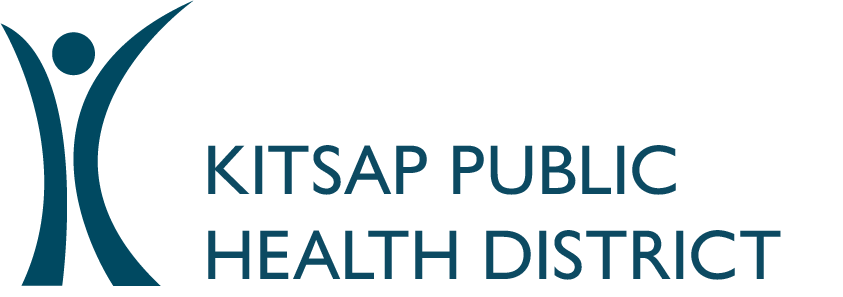


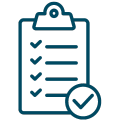
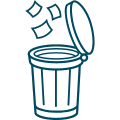

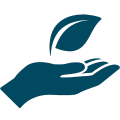
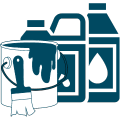
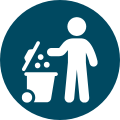
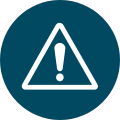

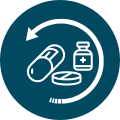
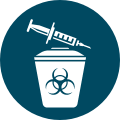
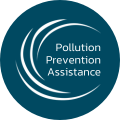
.png)
